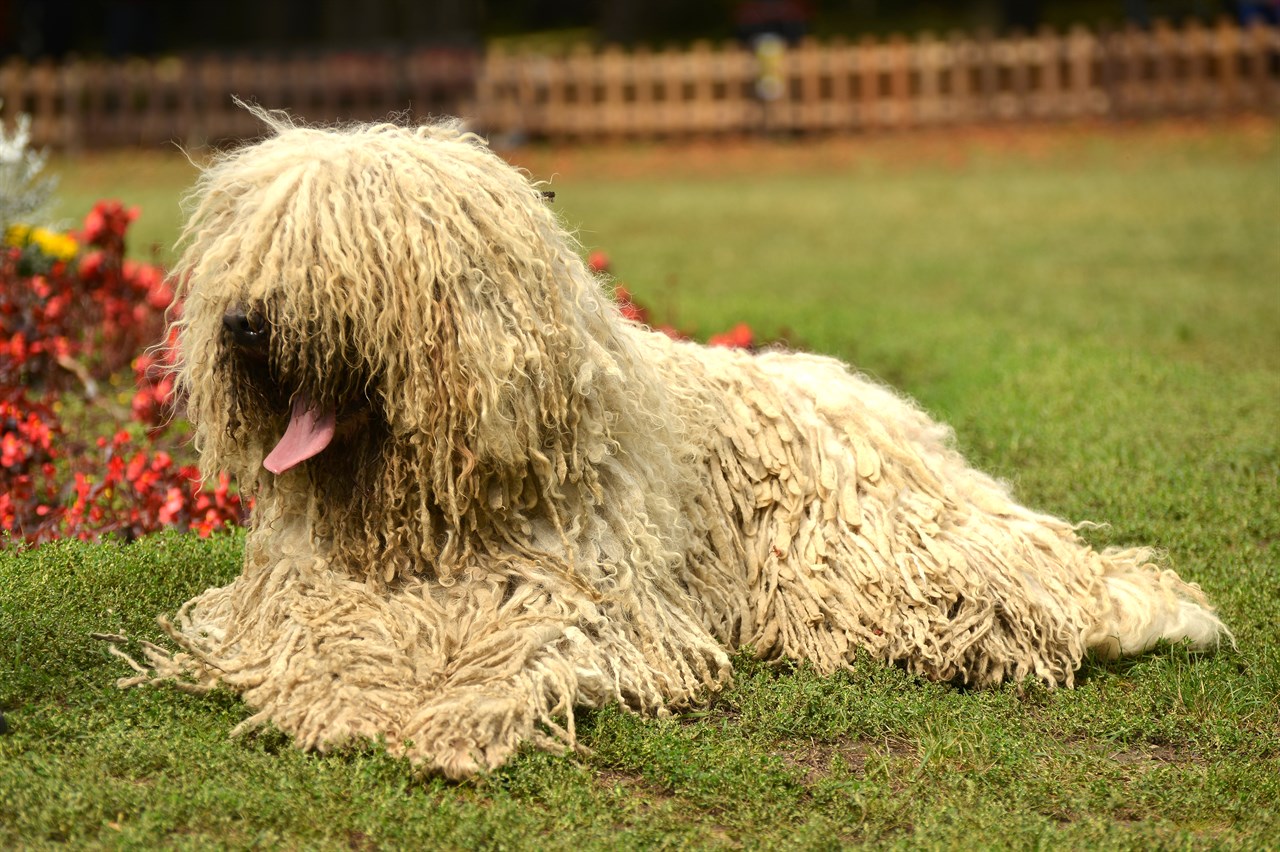Sleeping Requirements and Sleeping Habits of the Komondor

Understanding the sleeping requirements and habits of the Komondor is essential for providing them with a comfortable and restful environment. Like all dogs, Komondors have specific needs when it comes to sleep and rest.
Sleep Duration
On average, adult dogs, including Komondors, require about 12 to 14 hours of sleep per day. Puppies and younger dogs may need even more sleep. However, it's important to note that the exact amount of sleep can vary from one dog to another, and it depends on factors such as age, activity level, and overall health.
Quiet and Safe Space
Komondors appreciate a quiet and safe space for sleeping. These dogs have a protective nature, so they tend to sleep lightly to remain alert to any potential threats. Providing them with a comfortable and secure area where they can relax is crucial for their well-being.
Evening Routine
Establishing a consistent evening routine can help your Komondor wind down and prepare for a restful night's sleep. A walk or playtime in the early evening can help burn off excess energy, while a calm and quiet environment in the later evening can signal to your dog that it's time to rest.
Sleeping Positions
Komondors, like other dogs, have various sleeping positions. They may curl up into a ball, stretch out, or sleep on their side. Some may even rest on their backs, exposing their belly. The choice of sleeping position can vary based on their comfort and the temperature in the environment.
Preferred Sleeping Spots
Komondors often choose their sleeping spots based on their need for protection and their desire to keep a watchful eye on their surroundings. They may prefer to sleep in areas where they can oversee the household, such as near windows or doorways.
Adjusting to Your Schedule
Komondors are adaptable and can adjust their sleep patterns to match their owner's schedule. They are known to be loyal and enjoy spending time with their human family members, so they may choose to sleep in the same room or area where their owners are resting.
Comfortable Bedding
Providing a comfortable and supportive bed or sleeping area is important for your Komondor's joint health, especially as they age. Orthopaedic beds can be an excellent choice to support their joints and ensure a good night's sleep.
Monitoring Sleep Patterns
It's a good practise to monitor your Komondor's sleep patterns and habits. Changes in their sleep duration or quality can be indicative of underlying health issues, so it's essential to be attentive to any unusual changes and consult with a veterinarian if needed.
In conclusion, Komondors, like all dogs, require a comfortable and secure space for rest and sleep. Understanding their need for protection and their adaptability to your routine can help ensure that they have a peaceful and restorative sleep environment. Monitoring their sleep patterns is also essential for their overall health and well-being.